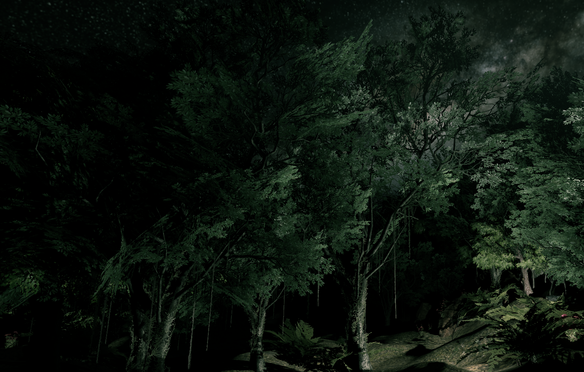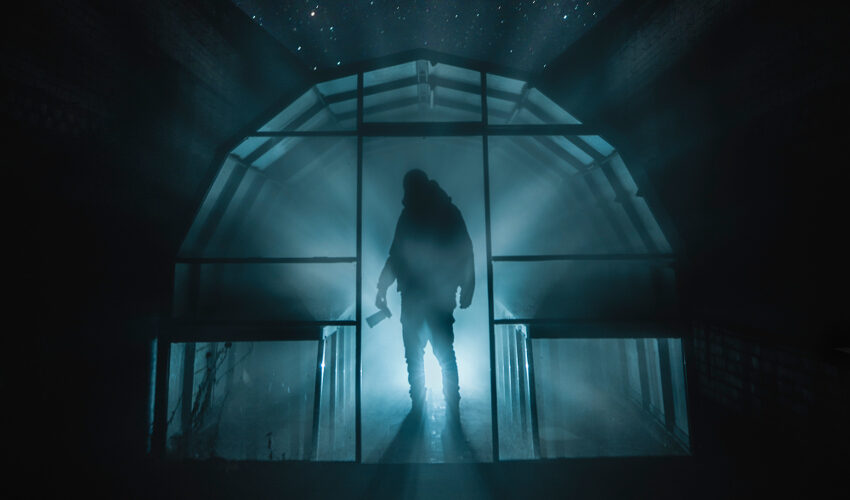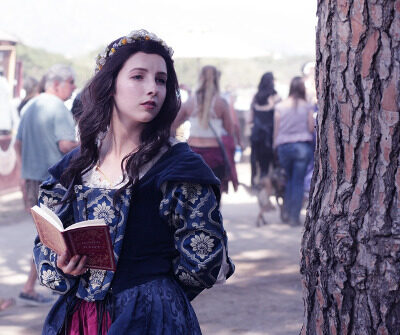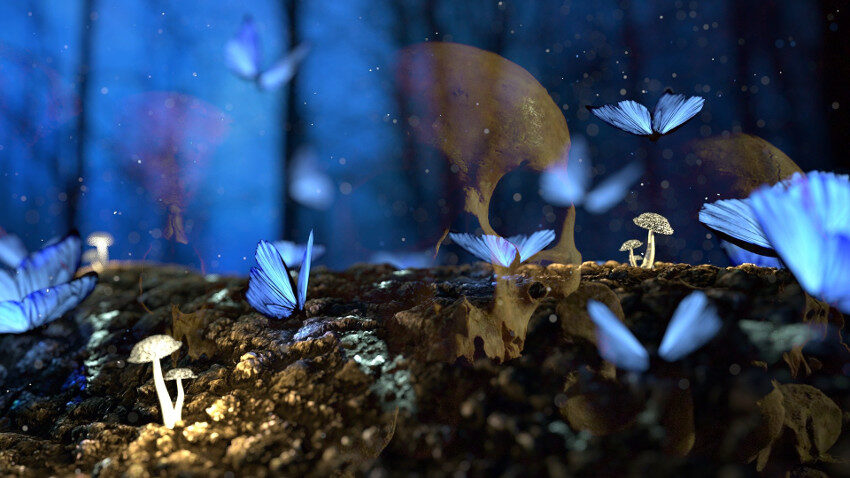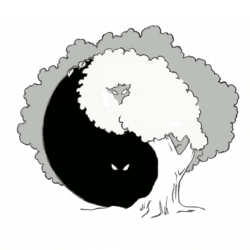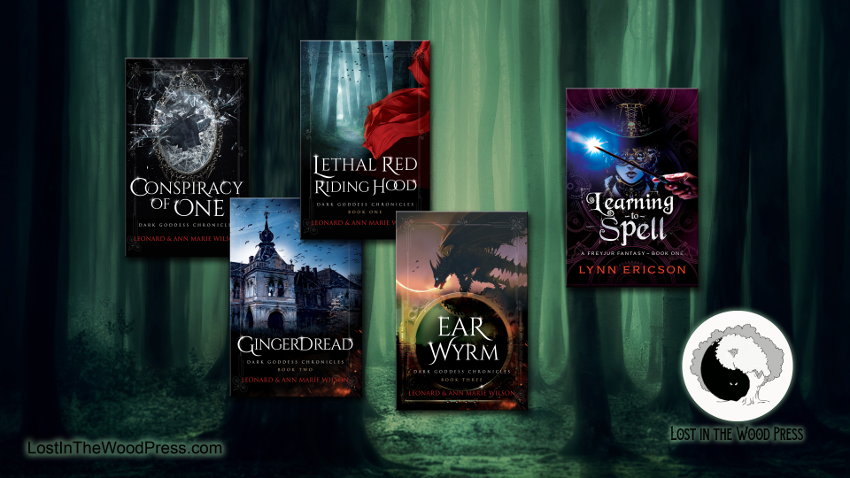 Cover designs by Peter O'Connor, background image by Darkmoon Art on Pixabay
Cover designs by Peter O'Connor, background image by Darkmoon Art on Pixabay
Our next book is on its way, with the cover all but finalized and the advance-reader copies (ARCs) being assembled this weekend.
Interstellar Goth Princess Blues, our portal-fantasy romance sequel to Learning to Spell, is scheduled for a December 1st release.
ARC readers will get the first sneak-peek at the cover, followed by the full reveal in early October.
As always, we're excited to share the design Peter's created for us. He does great work!
